Sessions / Zoom 9
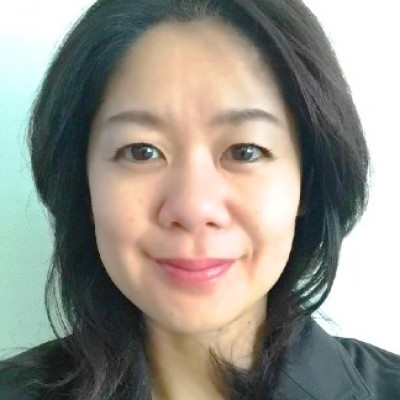


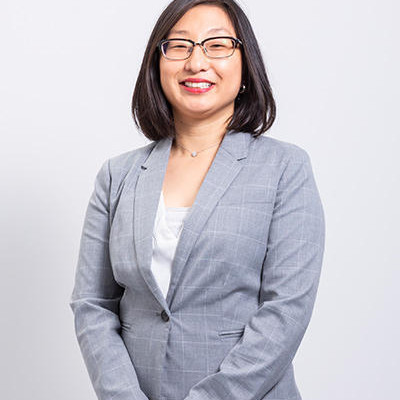
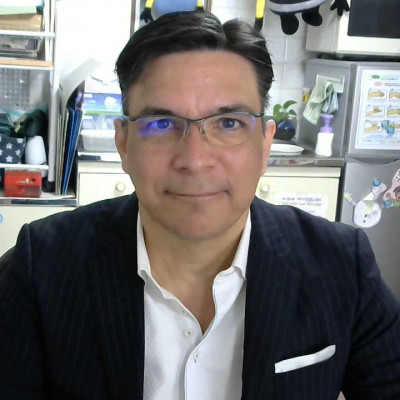

JALT Transformative Mentoring & Coaching #1378
This session is for one-on-one mentoring and coaching. Relational mentoring (Ragins and Verbos, 2007) is characterized by reciprocity and mutual learning, where both participants influence one another, that are inherent in growth-producing relationships. Coaching is a comprehensive client-centered service that may involve many aspects of a client’s life, both personal and professional.
Note: You must have previously signed up and received an orientation as a mentor/mentee or coach/coachee in order to participate in this session.
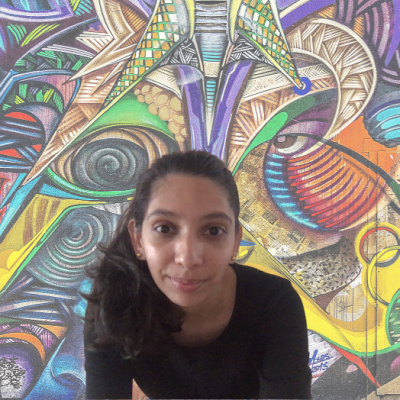


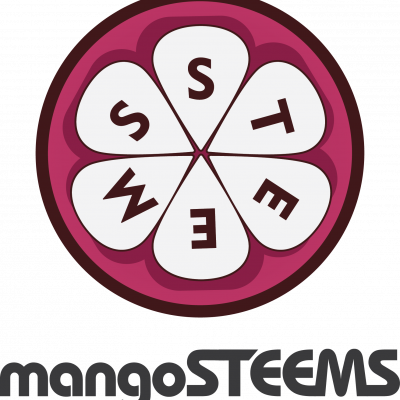
Modelling and Reviewing Writing for EFL Students Using Smart Templating Technology #1516
Visit the Mangosteems pageLearning a foreign language exposes a student to various facets of the culture associated with the language. For example, a Japanese student who is learning how to write in English learns that the conventions of writing in English are different from their native Japanese. They learn how in English writing arguments and information are presented in a very different sequence and have a specific structure.
Teaching English language writing within this EFL context can be challenging as students have to be taught to change the way they think about and present information and arguments. The challenge is even greater when classes have to be conducted online where interactive components such as modelling and scaffolding are not easy to replicate.
This workshop will review some of the challenges of teaching writing online and show attendees how to use the EssayJack app to overcome them.
EssayJack provides smart interactive writing templates which can be easily customised for varying writing proficiencies, to include native language support, and to be used in-person or online classes for teaching English language writing. The app also includes feedback functions that streamline the formative feedback process to augment student learning.
EssayJack is an education technology platform created by two university professors from Canada to support teaching and learning academic writing. EssayJack can be integrated with any LMS and used with Google Classroom.

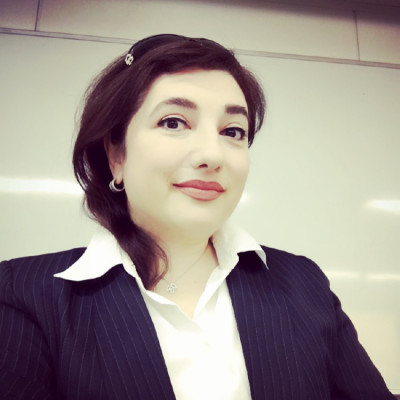
Bilingualism SIG “Tea Time and Sweets” Family Chat #1239
The Bilingualism SIG is inviting parents, along with their children, for a casual “Tea Time and Sweets” interactive event aimed at providing participants with a platform to share their stories and experiences about language learning and growing up bi-/multilingual in Japan. In this laid-back forum, we welcome long-time members with advice, as well as newbies looking to learn! Please join us for this exciting time to talk, meet other families, and make new friends!

On being translingual and transnational in a Japanese university: Two case studies #1280
The field of TESOL has been criticized because it “has traditionally given more attention to the process of [language] acquisition than to the flesh-and-blood individuals who are doing the learning” (Kramsch, 2009, p. 2). At times, the discipline has been critiqued as suffering from the monolingual bias (May, 2014; Meier & Conteh, 2014). The goal of the current case study is to contribute to the research on the flesh-and-blood learners and their translingual, transnational identities. The participants are two international female students enrolled in a private university in Japan. Both students come from South Korea and use English, Japanese, and Korean regularly. Having also lived in an English-speaking country and Japan, the participants are transnational individuals. In the study, I explore the participants’ life trajectories but concentrate on their experiences in the university classroom in Japan. The main focus is on their linguistic practices, interactions with peers, teachers, and how their translingual and transnational identity affects their education in Japan. I also investigate how the students’ investment in the language (Norton, 1995, 2013) shapes their overall experience with the English language in an Expanding Circle environment. For triangulation purposes, two former teachers who taught the core participants have also been interviewed.
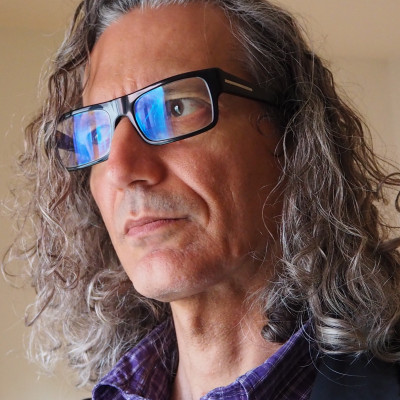
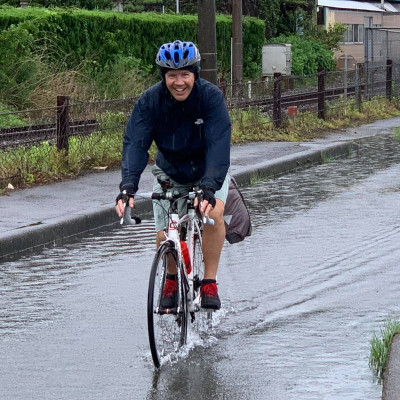
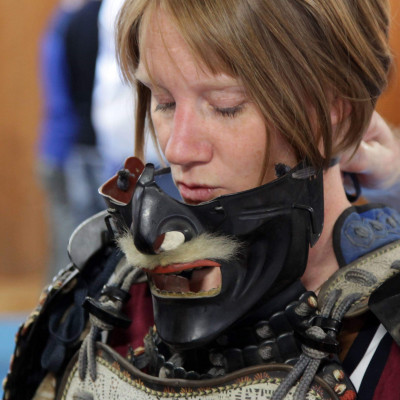
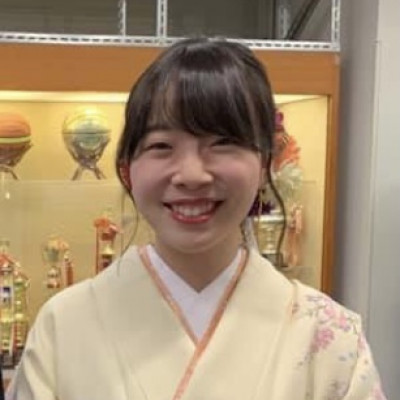
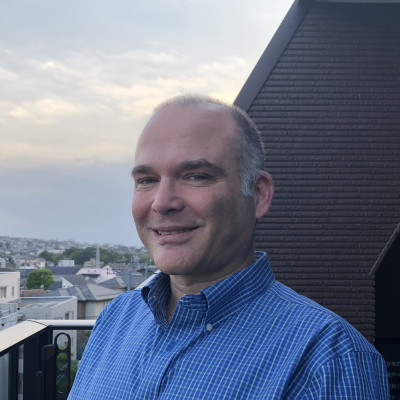
Lifelong Learning Hacks #1237
The many developments in connectivity and access to information, combined with recent restrictions to face-to-face interaction and socialization, have created both challenges and opportunities for educators. As teachers, how do we continuously adapt and improve ourselves? How do we keep current on latest innovations, experiment with new methods or get inspired by new ideas? How do we find the time and energy to engage in activities or process information to enrich our lives and make us more well-rounded individuals? Personal and professional development is a key element of lifelong learning. This forum will highlight the self-improvement strategies of seven professionals. Presenters will share and describe the habits, routines, resources, practices and general hacks they use to gain knowledge, experience, and expertise in a variety of fields, professions, hobbies and interests.
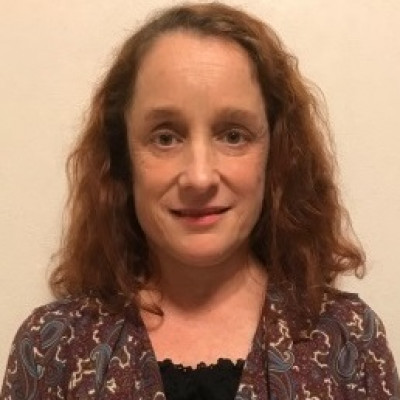
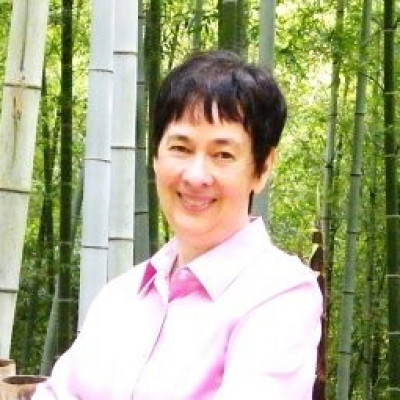


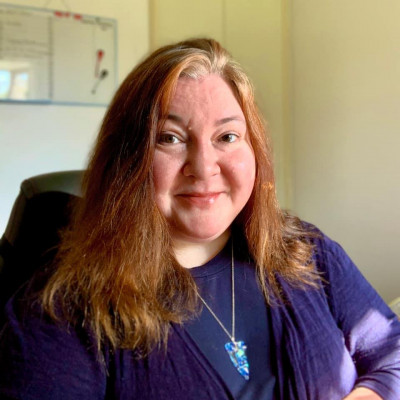
Local and Global Perspectives on Gender #1233
This is the Forum for GALE (Gender Awareness in Language Education) SIG, featuring the following speakers:
Kristie Collins,Talking Gender in the Multilingual/Multicultural/Multidisciplinary Classroom; Winifred Lewis Shiraishi, Professional development for non-tenured instructors: Issues and challenges; Gerry Yokota and Quenby Hoffman Aoki, How to Make GALE More Intersectional: A Dialogue